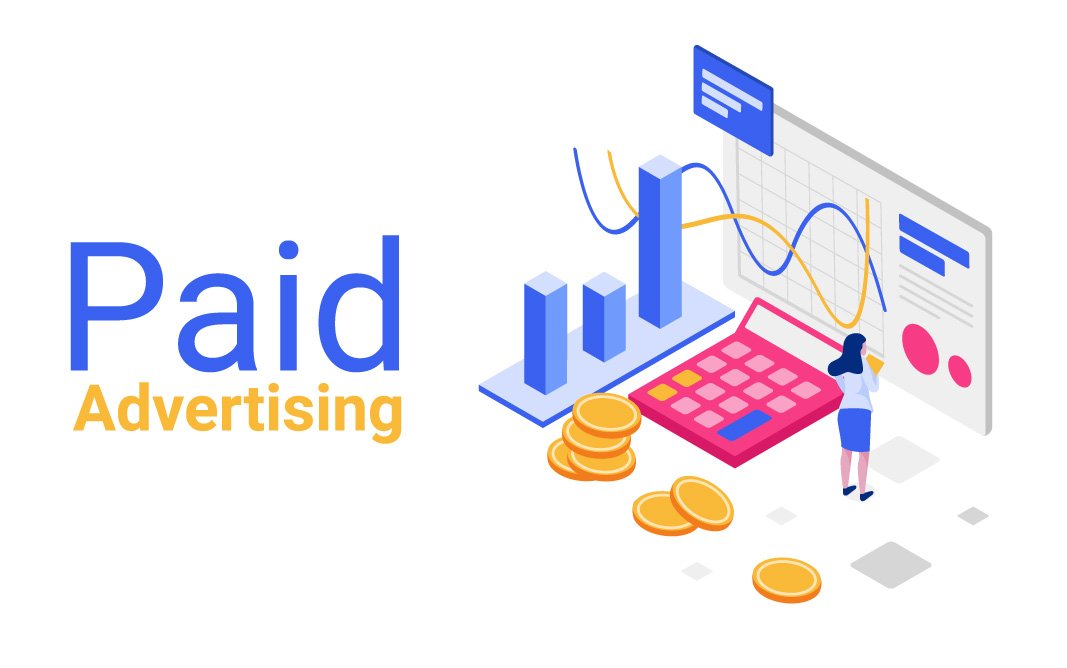


Classic workflows involve predefined sequences of tasks executed in a linear manner. These workflows rely on rule-based systems that automate repetitive processes such as:
While highly effective, classic workflows are limited in their adaptability. They work well for predictable and structured tasks but struggle with unstructured data, unexpected scenarios, or processes requiring complex decision-making.
The Challenge: As businesses grow more complex, they need workflows that go beyond rules—ones that can think, learn, and adapt in real time.
The Rise of Agentic AI Workflows
Agentic AI workflows represent the next generation of BPA, integrating advanced technologies like machine learning (ML), natural language processing (NLP), and artificial intelligence (AI). Unlike classic workflows, these systems are not static—they can analyze data, make decisions, and even predict outcomes based on historical patterns.
Key Features of Agentic AI Workflows
Dynamic Decision-Making: AI-powered workflows adapt to changing circumstances by evaluating real-time data and applying context-aware logic.
Autonomy and Self-Learning: These workflows can identify inefficiencies and refine themselves over time, reducing the need for human intervention.
Unstructured Data Handling: Agentic AI excels at understanding and processing unstructured data like text, images, and videos, unlocking new automation possibilities.
Predictive Capabilities: AI workflows can predict trends, prevent bottlenecks, and optimize processes proactively.
Applications of Agentic AI Workflows
The potential applications of agentic AI workflows are vast, spanning industries and functions:
Customer Service: AI chatbots offer personalized, round-the-clock support, handling complex queries seamlessly.
Supply Chain Management: Predictive analytics optimize inventory, forecast demand, and reduce logistical delays.
Human Resources: Intelligent systems streamline recruitment by scanning resumes, scheduling interviews, and assessing candidate fit.
Healthcare: Automated diagnostics and appointment scheduling enhance efficiency and patient outcomes.
Benefits of Transitioning to AI Workflows
Increased Efficiency: AI workflows reduce manual effort, allowing teams to focus on high-value tasks.
Enhanced Accuracy: Machine learning minimizes errors, ensuring data integrity and process reliability.
Scalability: Businesses can scale operations effortlessly as AI systems manage increasing complexity without additional resources.
Cost Savings: Automation reduces labor costs and operational inefficiencies, driving long-term savings.
Challenges in Adoption
While the benefits are undeniable, transitioning from classic workflows to AI-driven systems isn’t without challenges:
Initial Investment: Implementing AI workflows requires upfront costs for technology and training.
Data Security Concerns: Handling sensitive data demands robust cybersecurity measures.
Skill Gaps: Businesses must upskill employees to work alongside intelligent systems.
The Road Ahead
The shift from classic to agentic AI workflows is not just an upgrade—it’s a paradigm shift. As AI technology becomes more accessible and affordable, businesses that embrace this transformation early will gain a competitive edge.
Agentic AI workflows promise a future where processes are not only automated but also intelligent, adaptive, and deeply integrated into every facet of business operations.
Are you ready for the future of business process automation?

In today’s digital age, social media has become a powerful tool for businesses to connect w...
Read More
Digital marketing is a dynamic field that is constantly evolving, influenced by technological adv...
Read More
Backlinks are the backbone of a successful SEO strategy. They act as votes of confidence from one...
Read MoreⓒCopyright 2024 Dit.Limited . All rights reserved


